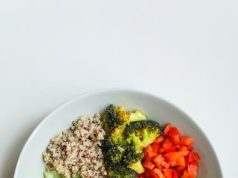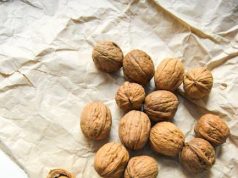In a world where dietary choices often reflect our deepest values and aspirations, the vegan diet stands out as a testament to compassion, sustainability, and health. As the verdant allure of plant-based living captures the imagination of millions, a question as old as the diet itself lingers in the air: Are vegan diets nutritionally complete? This inquiry, which dances on the intersection of science and lifestyle, invites us to explore the intricate tapestry of nutrients, ethics, and personal well-being. As we embark on this journey, we unravel the truths and myths surrounding veganism, seeking to understand whether this vibrant, earth-conscious diet can truly nourish the human body in all its complexity. Join us as we delve into the heart of vegan nutrition, where every bite is a statement, and every meal a choice.
Exploring Nutrient Diversity in Plant-Based Eating
One of the most compelling aspects of a plant-based diet is the vibrant tapestry of nutrients it offers. From the rich, earthy flavors of legumes to the crisp, refreshing taste of leafy greens, each plant-based food brings a unique set of nutrients to the table. However, ensuring that a vegan diet is nutritionally complete requires a mindful approach. While it’s possible to obtain most essential nutrients from plants, certain vitamins and minerals require extra attention.
- Protein: Often a point of concern, protein can be abundantly sourced from foods like lentils, chickpeas, and quinoa. Combining different protein sources ensures all essential amino acids are consumed.
- Vitamin B12: Naturally found in animal products, vegans should look for fortified foods or supplements to meet their needs.
- Omega-3 Fatty Acids: Essential for heart and brain health, these can be sourced from flaxseeds, chia seeds, and walnuts.
- Iron: Plant-based iron is less readily absorbed, so incorporating vitamin C-rich foods like bell peppers can enhance absorption.
By embracing the diverse palette of plant-based options and being attentive to nutritional needs, vegans can enjoy a diet that is both delicious and complete.
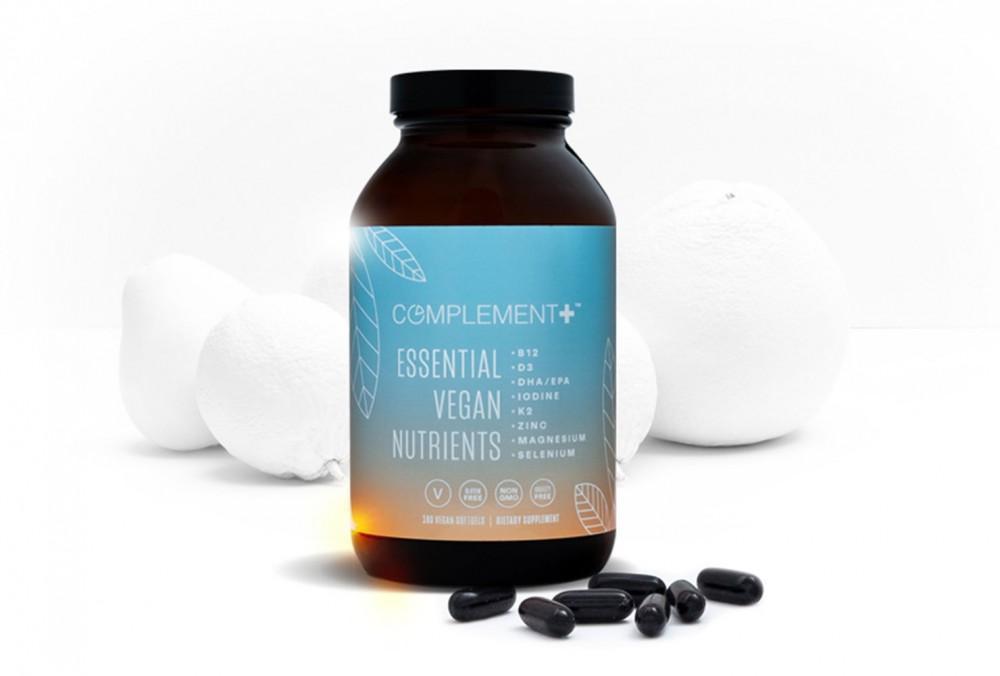
The Role of Supplements in a Balanced Vegan Diet
While a vegan diet can be rich in fruits, vegetables, legumes, and grains, ensuring that all nutritional needs are met may require some thoughtful supplementation. Vitamin B12 is one of the most commonly discussed nutrients, as it is primarily found in animal products. Vegans can opt for fortified foods or B12 supplements to maintain adequate levels. Omega-3 fatty acids, essential for brain and heart health, can be sourced from algae-based supplements, offering a plant-based alternative to fish oil.
Another nutrient to consider is Vitamin D, especially for those living in areas with limited sunlight. Fortified plant milks or Vitamin D supplements can help bridge this gap. Additionally, iron and calcium are crucial minerals that might require attention. Plant-based sources like lentils and spinach can be complemented with iron supplements if needed, while fortified plant milks and calcium supplements can ensure bone health. For those concerned about their protein intake, although many plant-based options exist, a protein supplement can provide an extra boost for athletes or those with higher protein requirements.
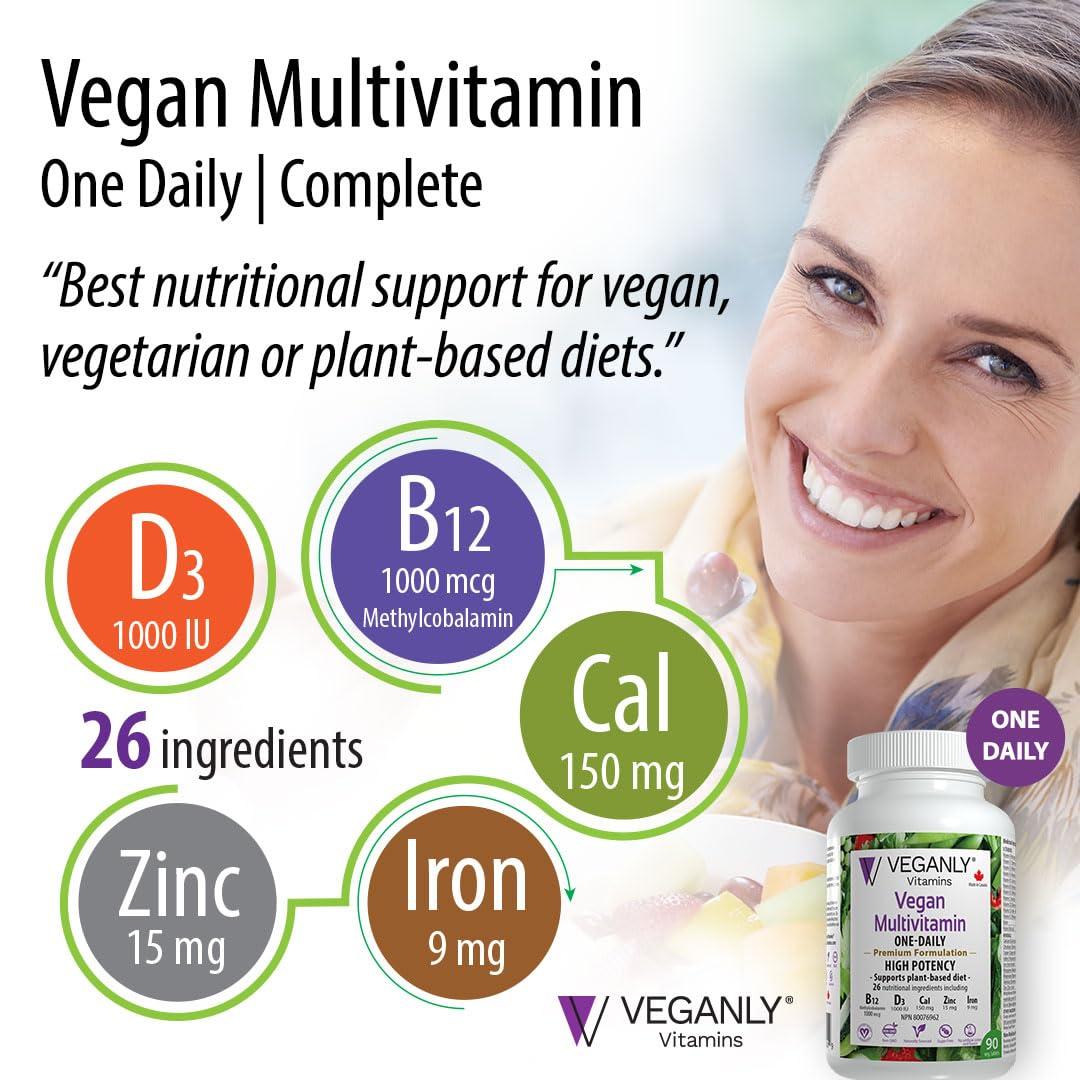
Essential Vitamins and Minerals: Ensuring Adequate Intake
Adopting a vegan lifestyle is a commendable choice for many reasons, but ensuring nutritional completeness requires a mindful approach. Vitamins and minerals play a crucial role in maintaining health, and while plant-based diets are rich in many nutrients, certain key elements need special attention. Here’s a quick rundown of what to keep in mind:
- Vitamin B12: Predominantly found in animal products, vegans should consider fortified foods or supplements to meet their needs.
- Iron: Though available in plant sources like spinach and lentils, pairing them with vitamin C-rich foods can enhance absorption.
- Calcium: Leafy greens and fortified plant milks are excellent sources, but ensure adequate daily intake.
- Omega-3 Fatty Acids: Chia seeds, flaxseeds, and walnuts are great plant-based options.
- Zinc: Nuts, seeds, and legumes can help meet zinc requirements.
Balancing these nutrients requires a bit of planning but can be easily managed with a varied and colorful diet. Mindful meal planning and possibly consulting with a nutritionist can ensure a well-rounded intake, keeping your body thriving on a vegan diet.
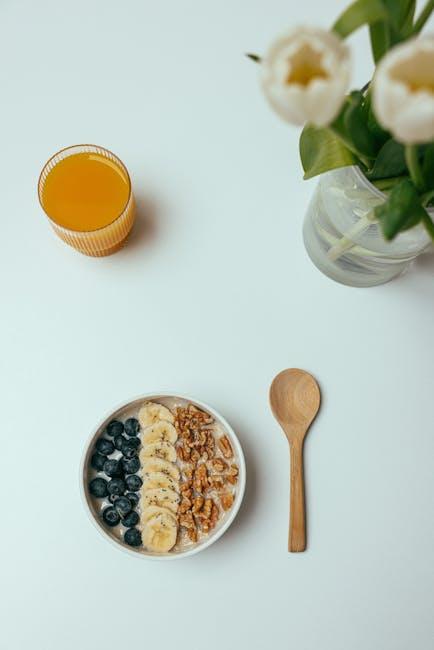
Crafting a Nutrient-Rich Vegan Meal Plan
Creating a balanced meal plan while embracing a plant-based lifestyle can be an exciting culinary adventure. To ensure your diet is nutritionally complete, focus on incorporating a diverse range of ingredients. Legumes, such as lentils, chickpeas, and black beans, serve as excellent protein sources and are rich in essential amino acids. Complement these with whole grains like quinoa, brown rice, and oats to round out your meals.
Don’t forget the importance of healthy fats. Include avocados, nuts, and seeds to provide omega-3 fatty acids, vital for brain health. Incorporate a variety of colorful vegetables and fruits to ensure a rich intake of vitamins and minerals. Leafy greens like spinach and kale are packed with iron and calcium, while berries and citrus fruits boost vitamin C levels, enhancing iron absorption. Consider fortified foods or supplements for nutrients like B12 and vitamin D to fill any potential gaps. By thoughtfully selecting your ingredients, you can craft a diet that’s as nourishing as it is delicious.






















